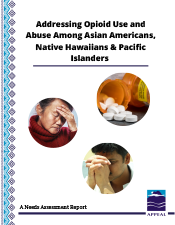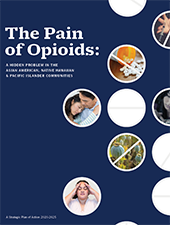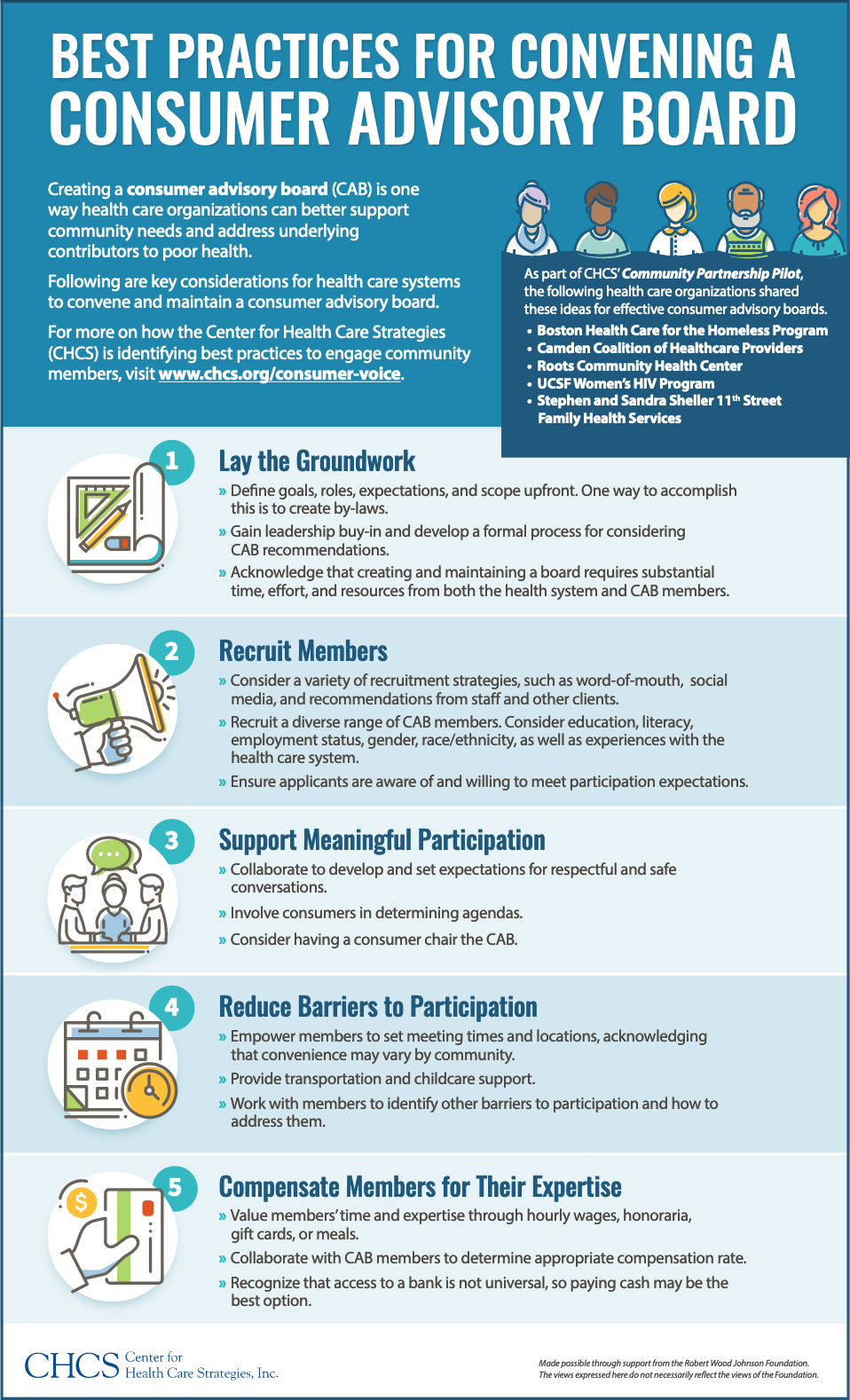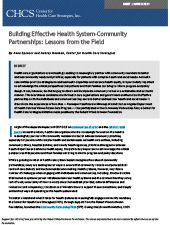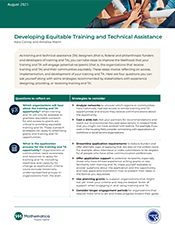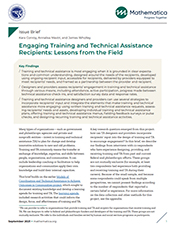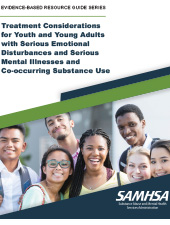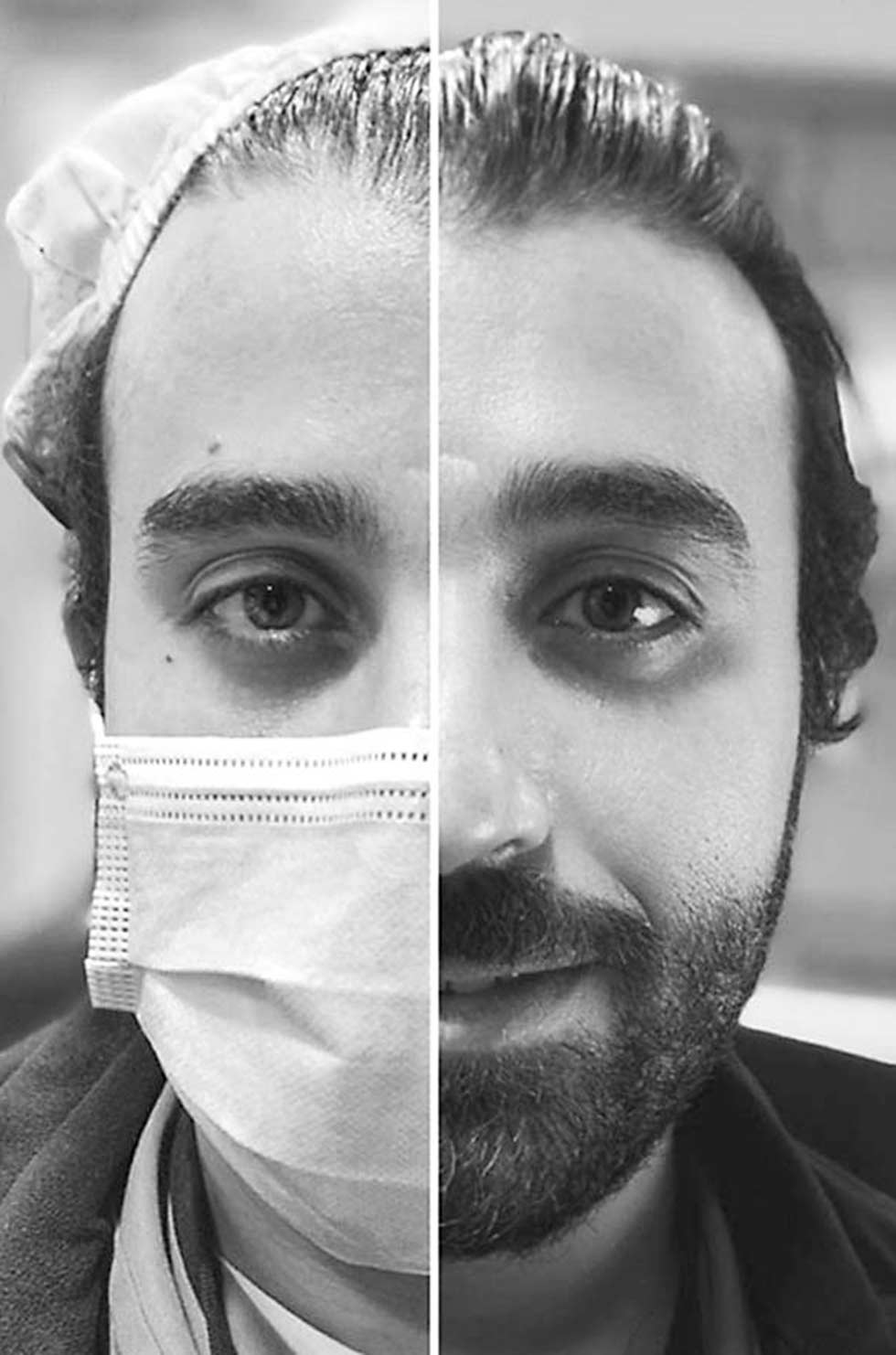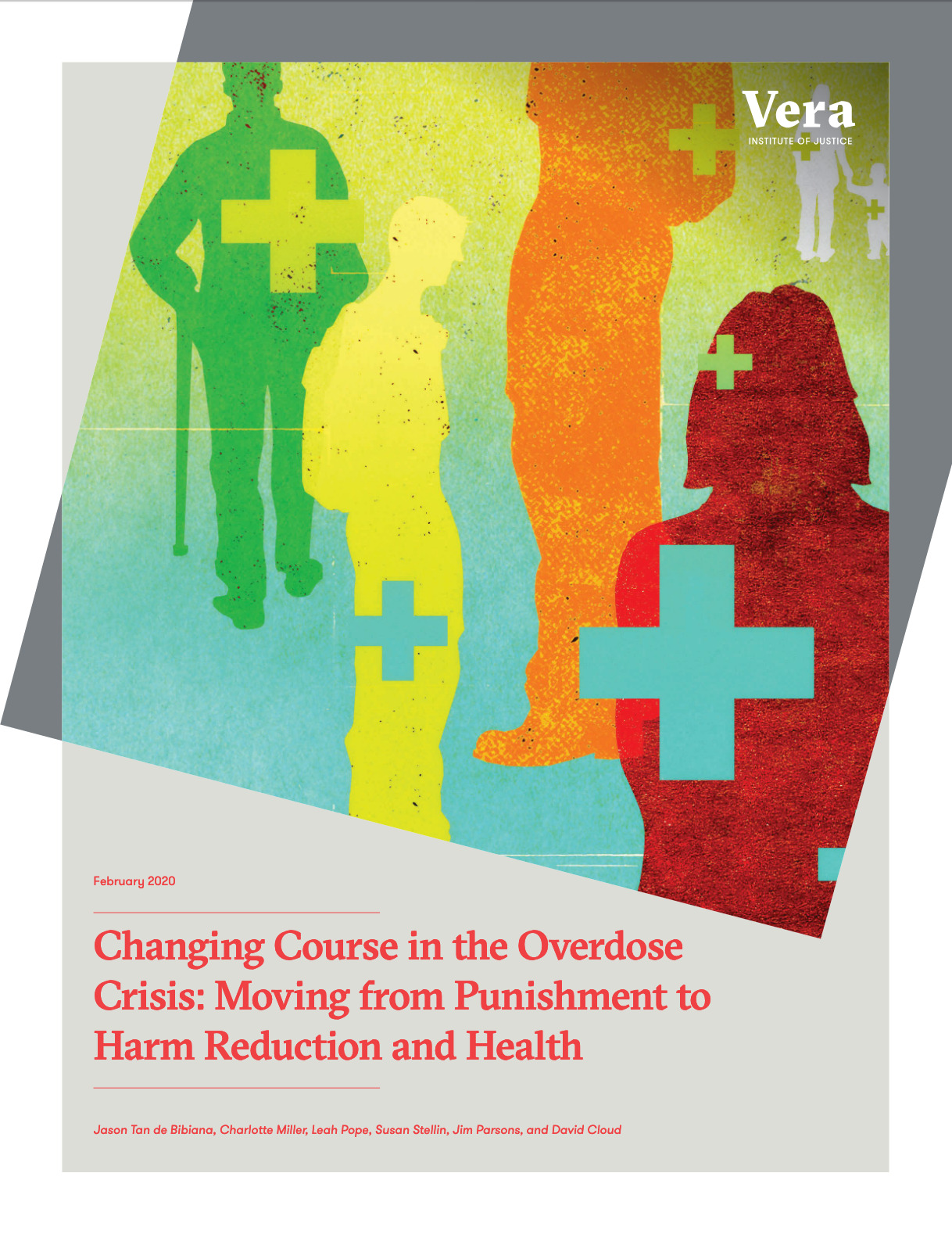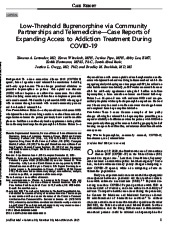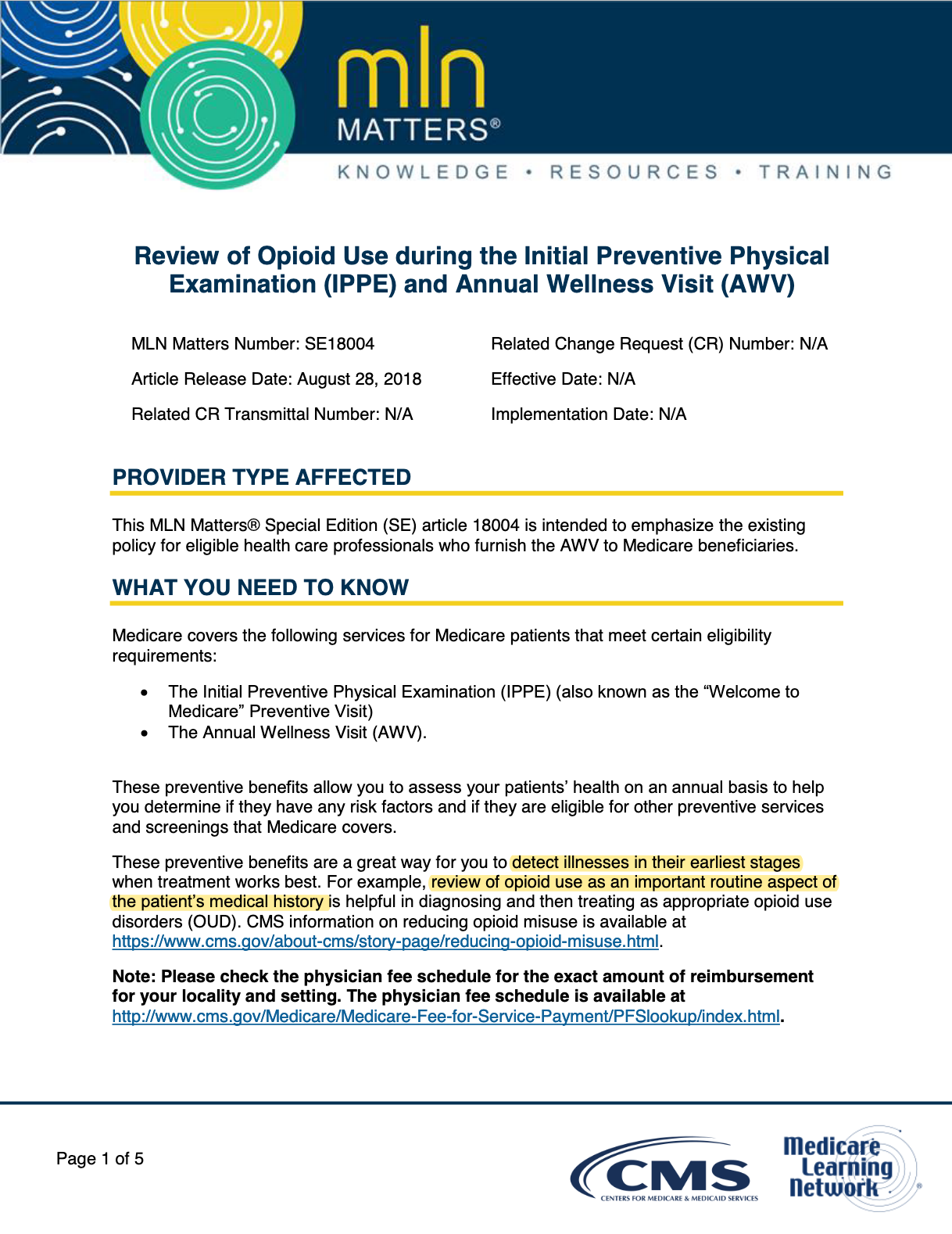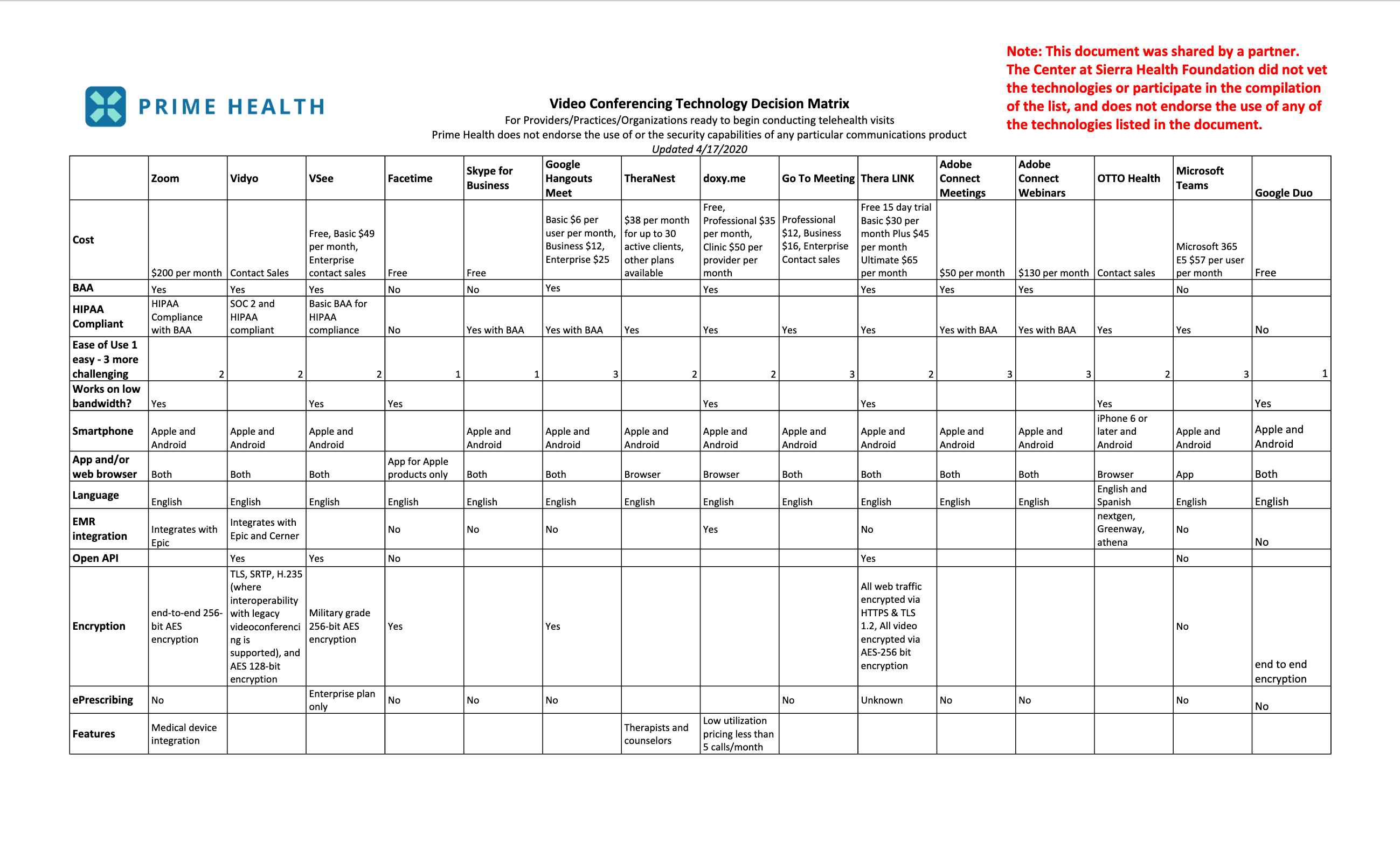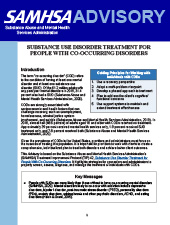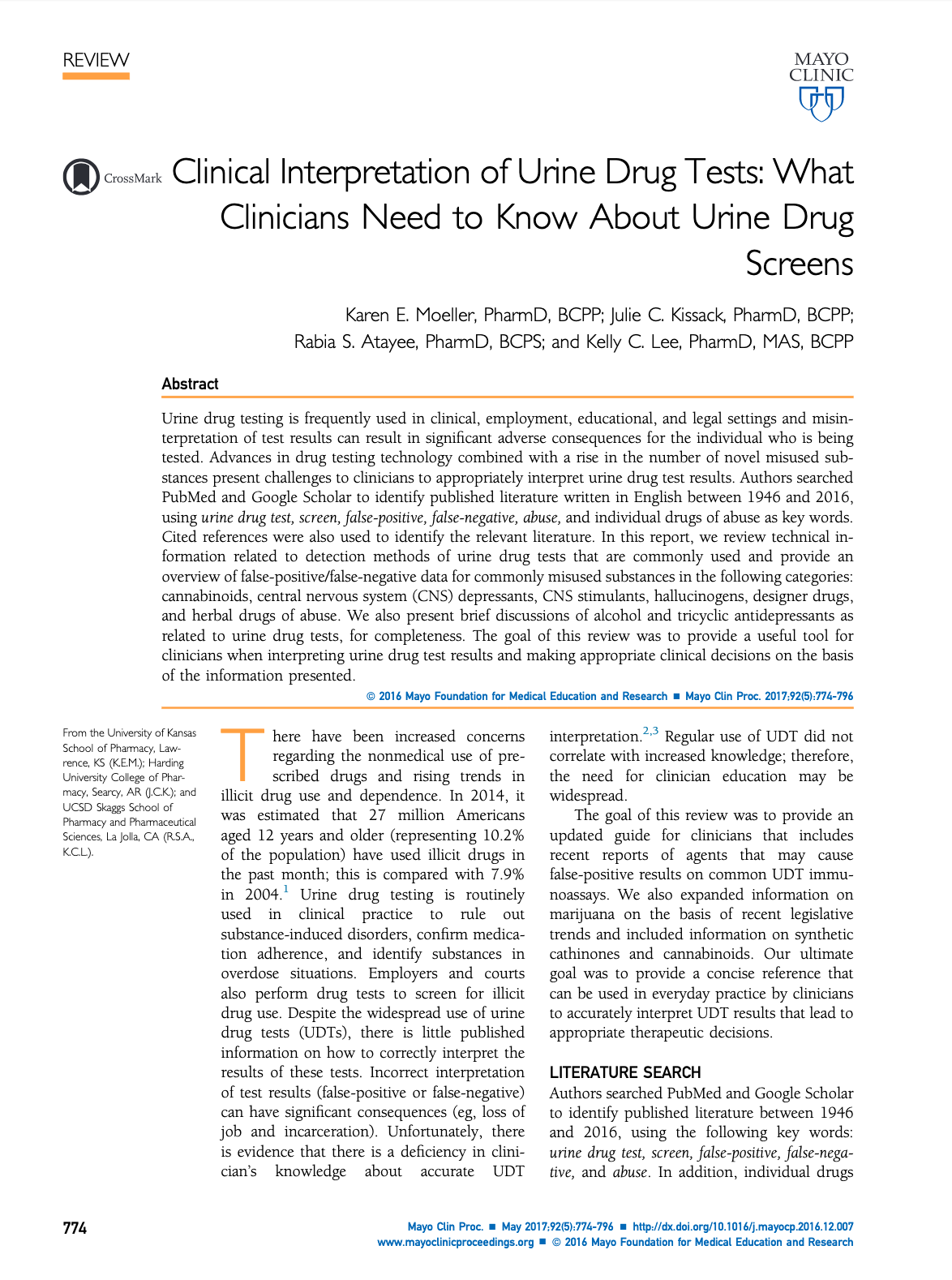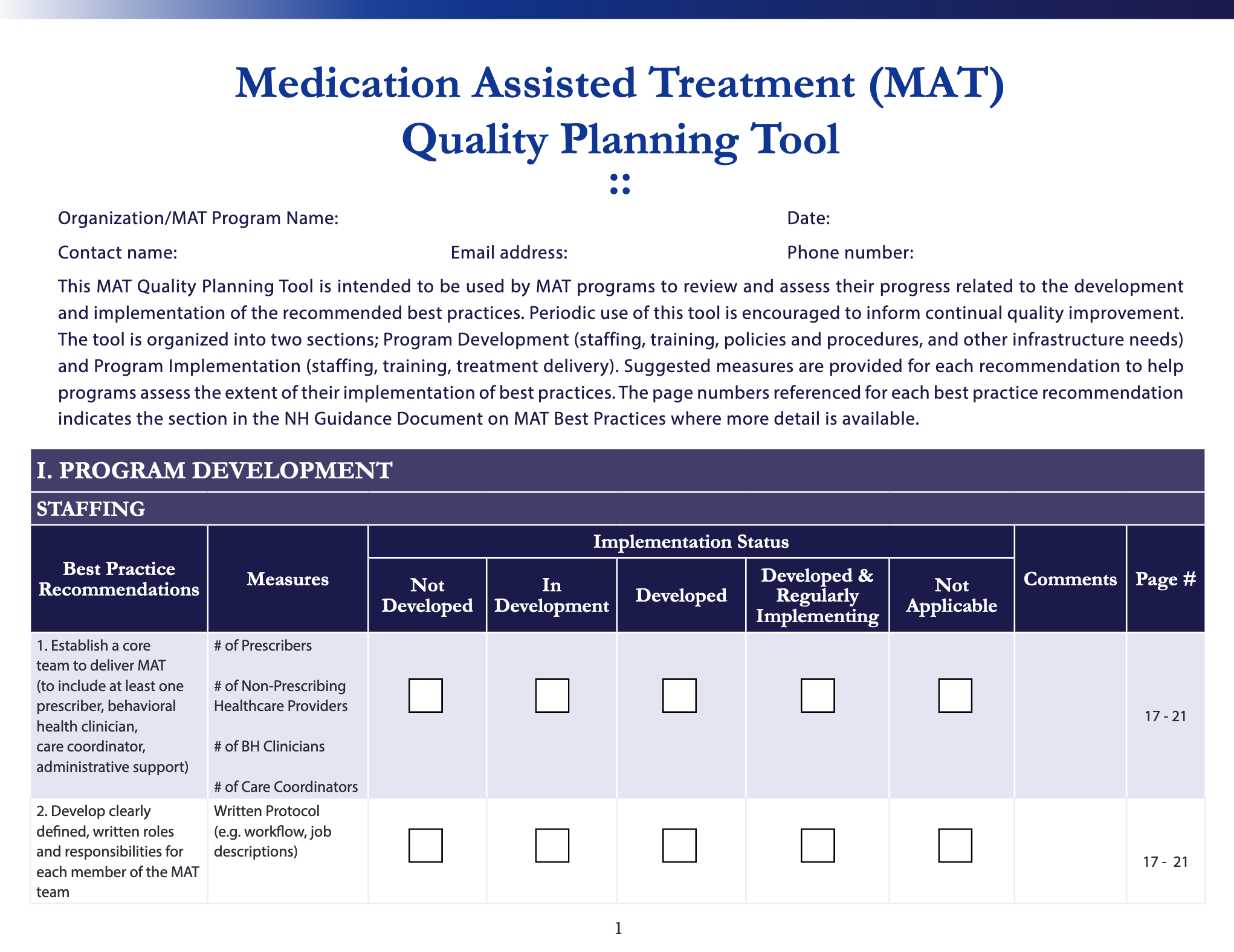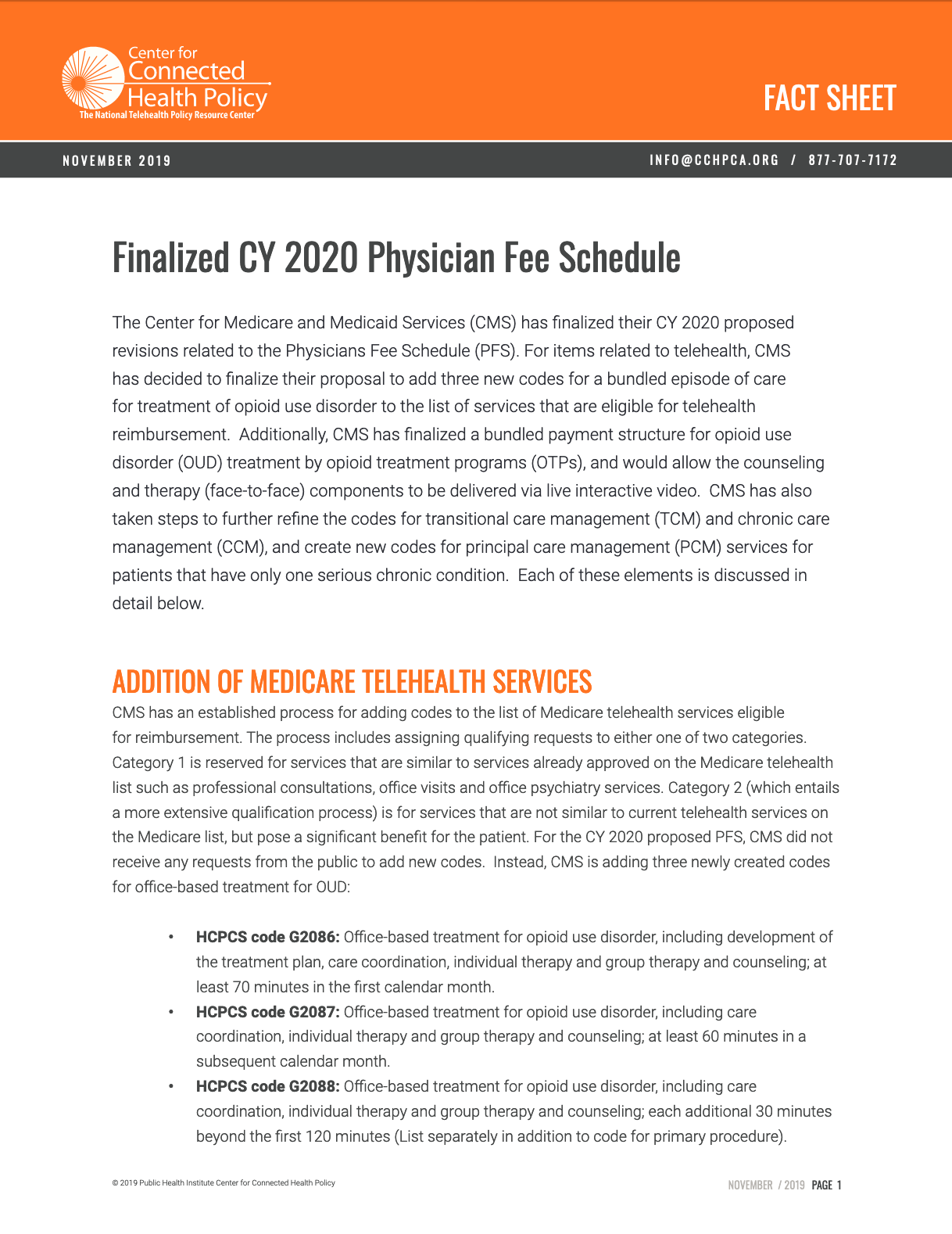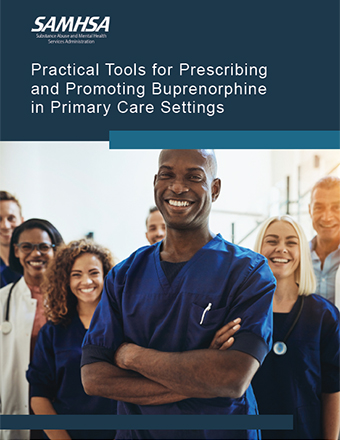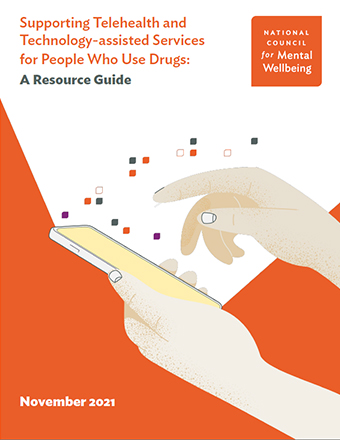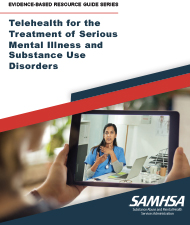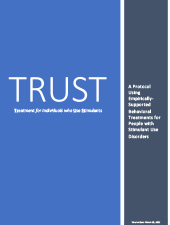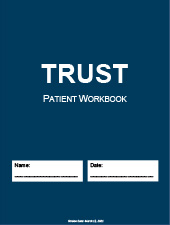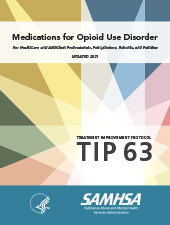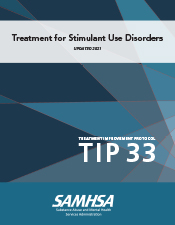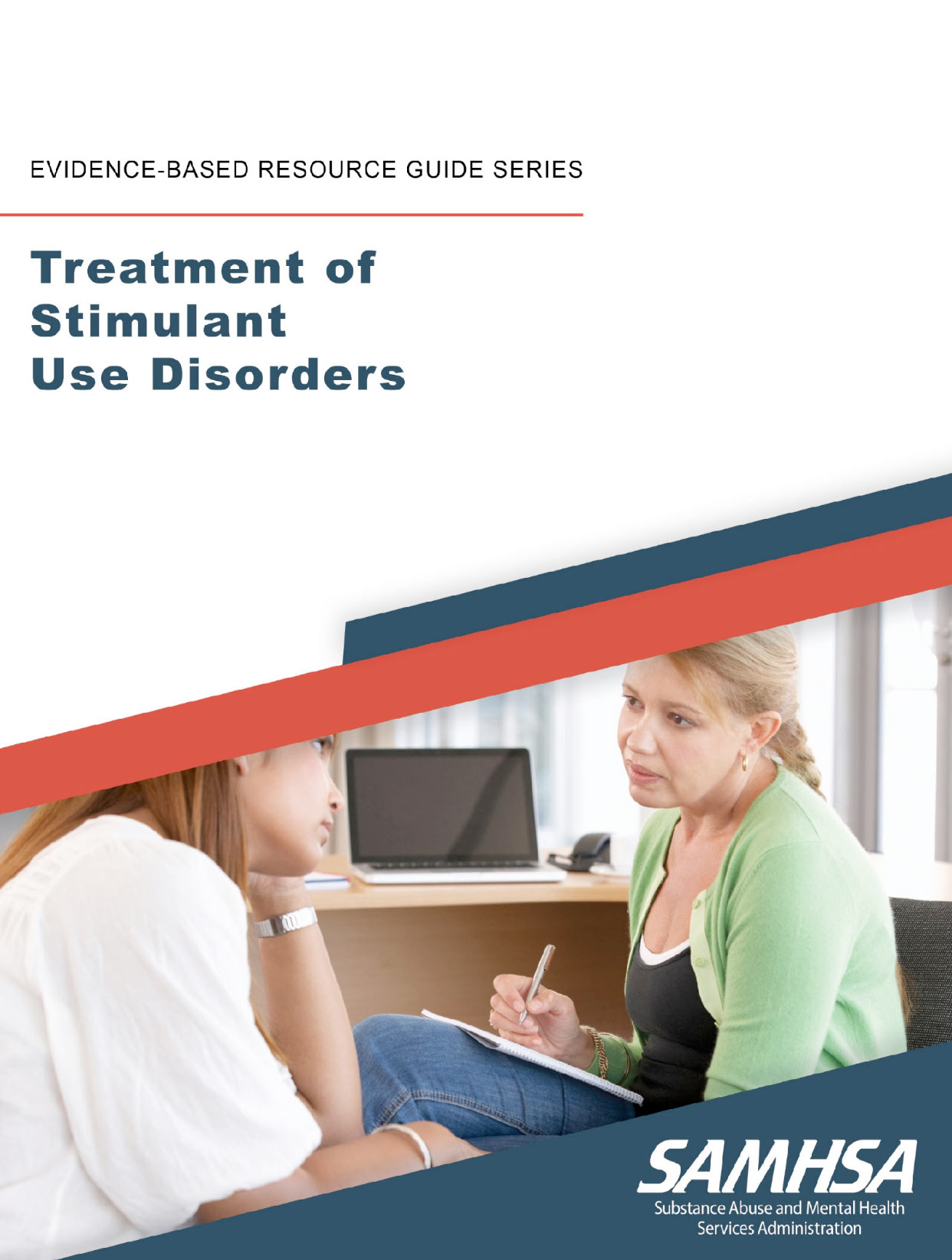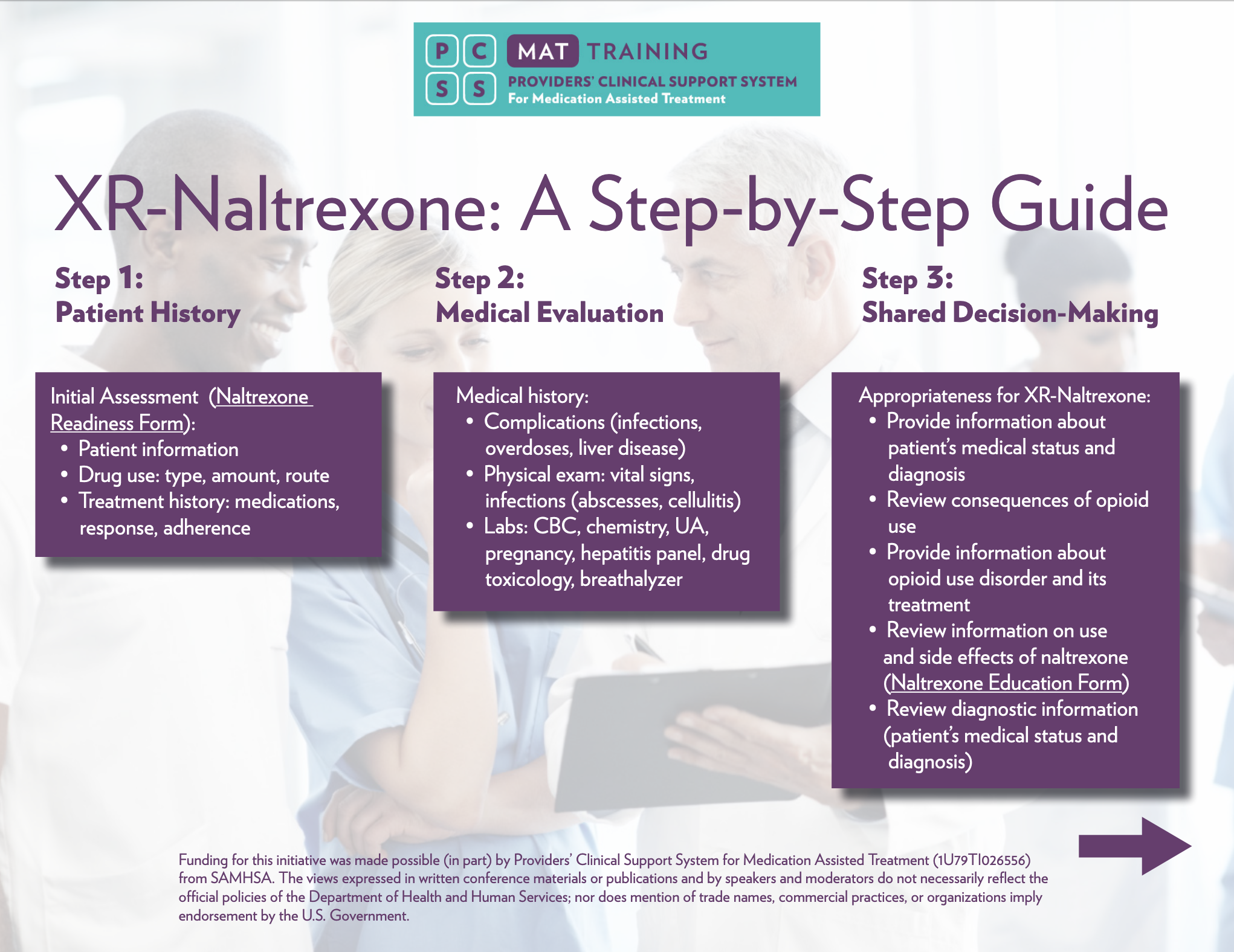Community Engagement
APPEAL: Addressing Opioid Use and Abuse Among Asian Americans, Native Hawaiians & Pacific Islanders
Asian Pacific Partners for Empowerment, Advocacy and Leadership (APPEAL) developed this needs assessment report as a first step toward gaining critical basic knowledge about opioid use among Asian Americans, Native Hawaiians and Pacific Islanders to inform future research and treatment services.
APPEAL: The Pain of Opioids: A Hidden Problem in the Asian American, Native Hawaiian & Pacific Islander Communities
Asian Pacific Partners for Empowerment, Advocacy and Leadership (APPEAL) developed this strategic plan to contribute to a growing dialogue within Asian American, Native Hawaiian and Pacific Islander communities, and eventually with policymakers, to create lasting change to address opioid use prevention and treatment.
Best Practices for Convening an Advisory Board
Center for Health Care Strategies document with best practices and key considerations for health care systems wanting to convene and maintain a consumer advisory board to better support community needs and address underlying contributors to poor health.
Building Effective Health System-Community Partnerships: Lessons from the Field
Considerations for health care organizations and government entities to build effective partnerships with the individuals and communities they serve to better address their health and social needs.
Developing Equitable Training and Technical Assistance
This resource presents four reflection questions for designers on accessing, implementing and developing training and technical assistance. Each reflection question is paired with strategies elevated by respondents to improve the likelihood that a training and technical assistance initiative will engage potential recipients and their communities equitably.
Engaging Training and Technical Assistance Recipients: Lessons from the Field
This resource explains six elements of engaging training and technical assistance, summarizes how designers and providers might measure recipients’ engagement, and presents concrete strategies for amplifying recipients’ voices and incorporating their input into training and technical assistance.
Treatment Considerations for Youth and Young Adults with Serious Emotional Disturbances and Serious Mental Illnesses and Co-Occurring Substance Use
This guide reviews interventions on treating substance misuse and disorders in youth with serious emotional disturbances, distills the research into recommendations for practice, and provides examples of the ways these recommendations can be implemented.
COVID-19
Collision of the COVID-19 and Addiction Epidemics
American College of Physicians document describing challenges faced by people with substance use disorders during the COVID-19 epidemic.
Harm Reduction
Changing Course in the Overdose Crisis: Moving From Punishment to Harm Reduction and Health
Center for Health Care Strategies document with best practices and key considerations for health care systems wanting to convene and maintain a consumer advisory board to better support community needs and address underlying contributors to poor health.
Low-Threshold Buprenorphine via Community Partnerships and Telemedicine
Case studies of low-barrier buprenorphine services through syringe services programs and harm reduction organizations in Oregon.
Physical Examination
Review of Opioid Use during the Initial Preventive Physical Examination and Annual Wellness Visit
Medicare Learning Network review of opioid use during the intial preventive physical examiniation and annual wellness visit as an important routine aspect of the patient’s medical history.
SAMHSA Requirements
SAMHSA 42 CFR Fact Sheet
SAMHSA document with updates on the 42 CFR Part 2 regulations as related to patient records created by federally assisted programs for the treatment of substance use disorders.
Stigma Reduction
Stigma and the Toll of Addiction
New England Journal of Medicine document on how stigma against people who use drugs impedes access to treatment and care delivery, while also contributing to the disorder on the individual level.
Stigma Reduction to Combat the Addiction Crisis
New England Journal of Medicine document outlines the need to establish an evidence base regarding ways of combating the public stigma surrounding addiction and provides principles that can guide stigma-reduction campaigns.
Telehealth
Video Conferencing Matrix
Prime Health video conferencing technology decision matrix for providers, practices and organizations ready to begin conducting telehealth visits.
Treatment
Advisory: SUD Treatment for People with Co-occurring Disorders
This advisory highlights strategies for counselors and administrators to properly screen, assess, diagnose, and manage the treatment of individuals with co-occurring substance and mental disorders.
California Substance Use Line
This help line provides fast, reliable, patient-tailored guidance and resources that can facilitate substance use prevention and treatment efforts. It is staffed by experienced physicians and pharmacists who can answer confidential questions about substance use evaluation and management, including medications to treat opioid use disorder.
Clinical Guidance for Treating Pregnant and Parenting Women with Opioid Use Disorder and Their Infants
SAMHSA guidance for optimal management of pregnant and parenting women with opioid use disorder and their infants; helps healthcare professionals and patients determine the most clinically appropriate action for a particular situation and informs individualized treatment decisions.
Clinical Interpretation of Urine Drug Tests
Mayo Clinic document on what clinicians need to know about urine drug screens.
MAT Quality Planning Tool
Center for Excellence tool for MAT programs to review and assess their progress related to the development and implementation of recommended best practices.
Medication-Assisted Treatment for OUD Playbook
Agency for Healthcare Research and Quality guide for implementing MAT in primary care and other ambulatory care settings.
Medications for Addiction Treatment Toolkit
The National Center for Complex Health & Social Needs guide with best practice care in a primary care clinic for program administraors and clinical care teams who want to establish effective medications for addiction treatment prorams for opioid use disorders.
Opioid Treatment Programs: Enrolling in Medicare
Medicare Learning Network presentation on policies for implementing the new Medicare Part B benefit for OTPs and enrolling in Medicare.
Physician Fee Schedule 2020
The Center for Medicare and Medicaid Services finalized CY 2020 proposed revisions related to the physicans fee schedule.
Practical Tools for Prescribing and Promoting Buprenorphine in Primary Care Settings
This resource guide provides information and practices for primary care providers on how to implement opioid use disorder treatment using buprenorphine. It identifies common barriers and strategies to overcome them and documents step-by-step tactics to support buprenorphine implementation.
Supporting Telehealth and Technology-assisted Services for People Who Use Drugs: A Resource Guide
This guide provides recommendations, tips, examples from the field and resources related to overcoming challenges associated with telehealth and technology-assisted services to better serve people who use drugs, with a focus on improving access to MAT and harm reduction services.
Telehealth for the Treatment of Serious Mental Illness and Substance Use Disorders
This resource guide reviews ways that telehealth modalities can be used to provide treatment for serious mental illness and substance use disorders among adults, distills the research into recommendations for practice, and provides examples of how these recommendations can be implemented.
Treatment Considerations for Youth and Young Adults with Serious Emotional Disturbances and Serious Mental Illnesses and Co-Occurring Substance Use
This guide reviews interventions on treating substance misuse and disorders in youth with serious emotional disturbances, distills the research into recommendations for practice, and provides examples of the ways these recommendations can be implemented.
Treatment for Individuals Who Use Stimulants Guide
A possible protocol for treatment providers using empirically supported behavioral treatments for people with stimulant use disorder.
Treatment for Individuals Who Use Stimulants Patient Workbook
Workbook and worksheets for patients / individuals who have entered treatment for stimulant use disorder, to be used in conjunction with the Treatment for Individuals Who Use Stimulants Guide.
Treatment Improvement Protocol: Medications for Opioid Use Disorder
This Treatment Improvement Protocol reviews the use of the three Food and Drug Administration-approved medications used to treat OUD – methadone, naltrexone and buprenorphine – and the other strategies and services needed to support recovery for people with OUD.
Treatment Improvement Protocol: Treatment for Stimulant Use Disorders
This Treatment Improvement Protocol reviews what is known about treating the medical, psychiatric and SUD-related problems associated with the use of cocaine and methamphetamine, as well as the misuse of prescription stimulants. It offers recommendations on treatment approaches and maximizing treatment engagement and retention, and strategies for initiating and maintaining abstinence.
Treatment of Stimulant Use Disorders
SAMHSA guide supports health care providers, systems and communities seeking to treat stimulant use disorders, with research findings, best practices, identifies knowledge gaps and implementation challenges, and offers useful resources.
XR-Naltrexone: A Step-by-Step Guide
Providers’ Clinical Support System guide and clinical resources for administering Naltrexone.

